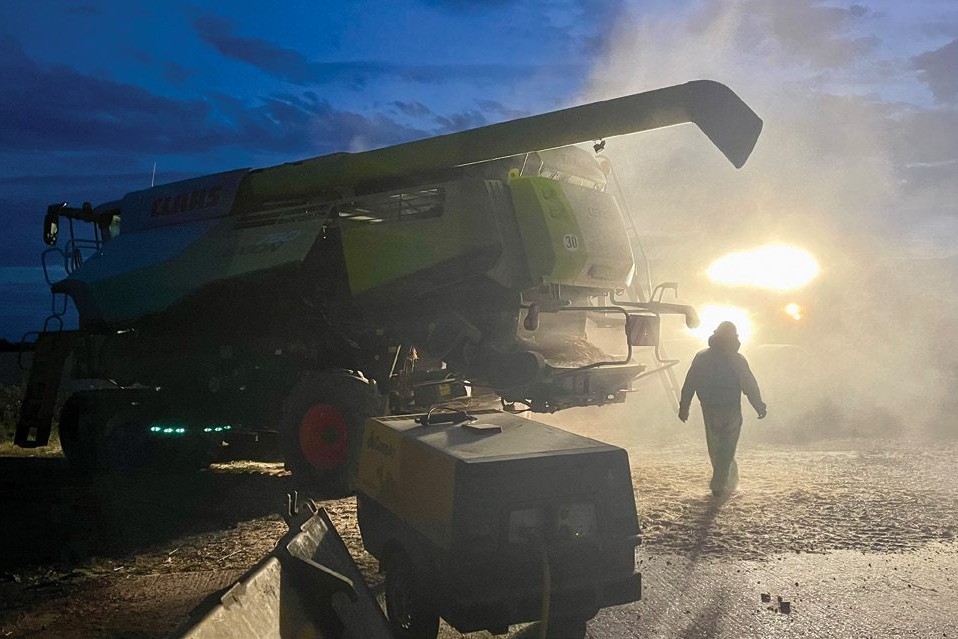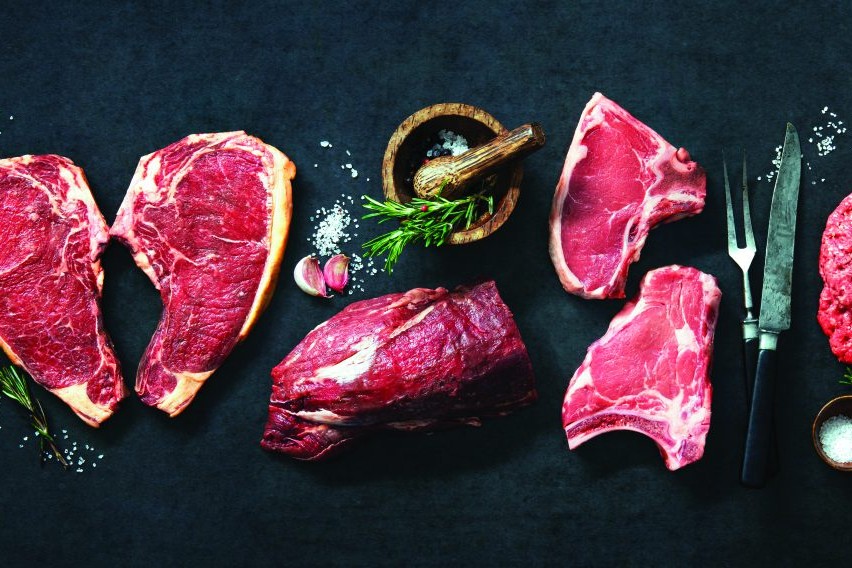Too dry to combine
A hot dry summer in Cambridgeshire, England, has left David Walston opting out of some future crops.

A hot dry summer in Cambridgeshire, England, has left David Walston opting out of some future crops.
WHEN I WAS A KID, AND EVEN FOR the first years that I worked on the farm – which started about a decade ago – harvest always followed a pretty set pattern.
We would start oilseed rape on something like July 18, give or take a couple of days. This would take about a week, then we would wait another few days for the wheat to be ready; near the end of July, or maybe the beginning of August in a very wet year.
The rest of August would proceed gently, as the wheat ripened on our heavy land, and then, at the end of the month, or the beginning of September, we would end the harvest by cutting our winter-sown beans. So all in all, harvest was about five weeks, maybe four in a very kind year, and over six in a bad one.
As you may have guessed, this old pattern is no longer what happens.
Since 2018, we have finished harvest on or before August 5 in three out of the five years. The other two years, with their more ‘normal’ finish dates, were more to do with wet Augusts not allowing the combine to roll, rather than the crops not being ready.
In 2022 we went to extremes, with harvest starting on July 11, and ending on a scarcely credible July 29. Within this period was a two-day span with temperatures reaching just under 40C.
We had to stop combining as the crops were just too dry. Back in 1976 there was a famously hot and dry summer, and on this farm harvest finished on July 27. This has long been considered a huge anomaly, but with our harvests now seemingly finishing earlier and earlier, is it the new normal?
I have mixed feelings about all of this. On the one hand, the reason for such earliness – higher temperatures and a lack of spring and early summer rainfall are seriously limiting our yields, and hence the profitability of the farm.
On the other hand, it’s great for my non-farming life, as I can have a proper summer holiday with my kids when they are off school. I think that on balance, I do like the early finishes and the quality family time more, at least while my children are young enough to want to go on holiday with me still.
Looking at the results from harvest 2022, I would say they have generally been slightly below average, although I feel that perhaps what constitutes a “good” result is perhaps not quite as high as it was only a few years ago.
Oilseed rape produced a paltry 2.22 tonnes/hectare, although with the now-customary flea beetle attack, combined with a pigeon epidemic and a dry spring, anything over 3t/ha in this part of the country is considered a good result.
As it happens, we will probably not have a single hectare of oilseed rape next year, simply for the reason that with only 15mm of rain the past two months, there is no moisture in the soil and so we cannot plant anything.
Our one field of peas, grown as a seed crop, was about as close to a crop failure as you can get, whilst still harvesting a crop. The yield of 0.35t/ha made it worth combining – but only just.
We will not grow peas again. They just cannot cope with the dry springs. Our winter beans, which used to be ready in September, were cut in mid-July, and produced a mediocre result of 3.39t/ha.
Spring oats were very variable, ranging from the very low 3.17t/ha to the not-too-bad 5.84t/ha.
Wheat, which ended up with an average of 8.94t/ ha, was also highly variable. If you were to split our farm in half, the southern part, made up of lighter, sandy soil, averaged 6.95t/ha of first wheat. The heavier, northern half on the other hand made 10.44t/ha. I should add that this is one contiguous block of land, so about as close a comparison as you could hope to make.
It really makes you wonder about the accuracy, and usefulness, of trying to benchmark against your neighbours when it’s not even possible to benchmark against yourself!




